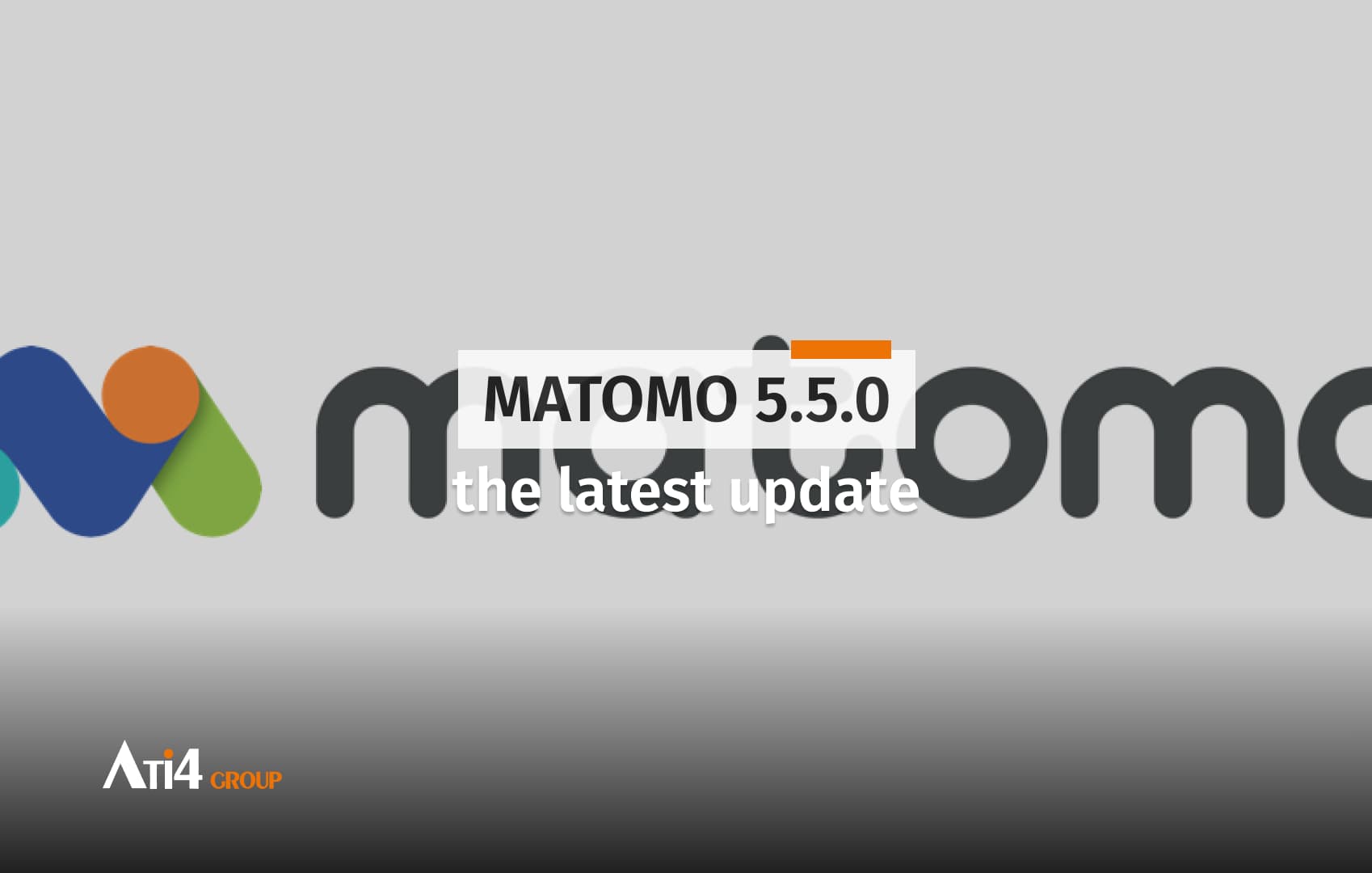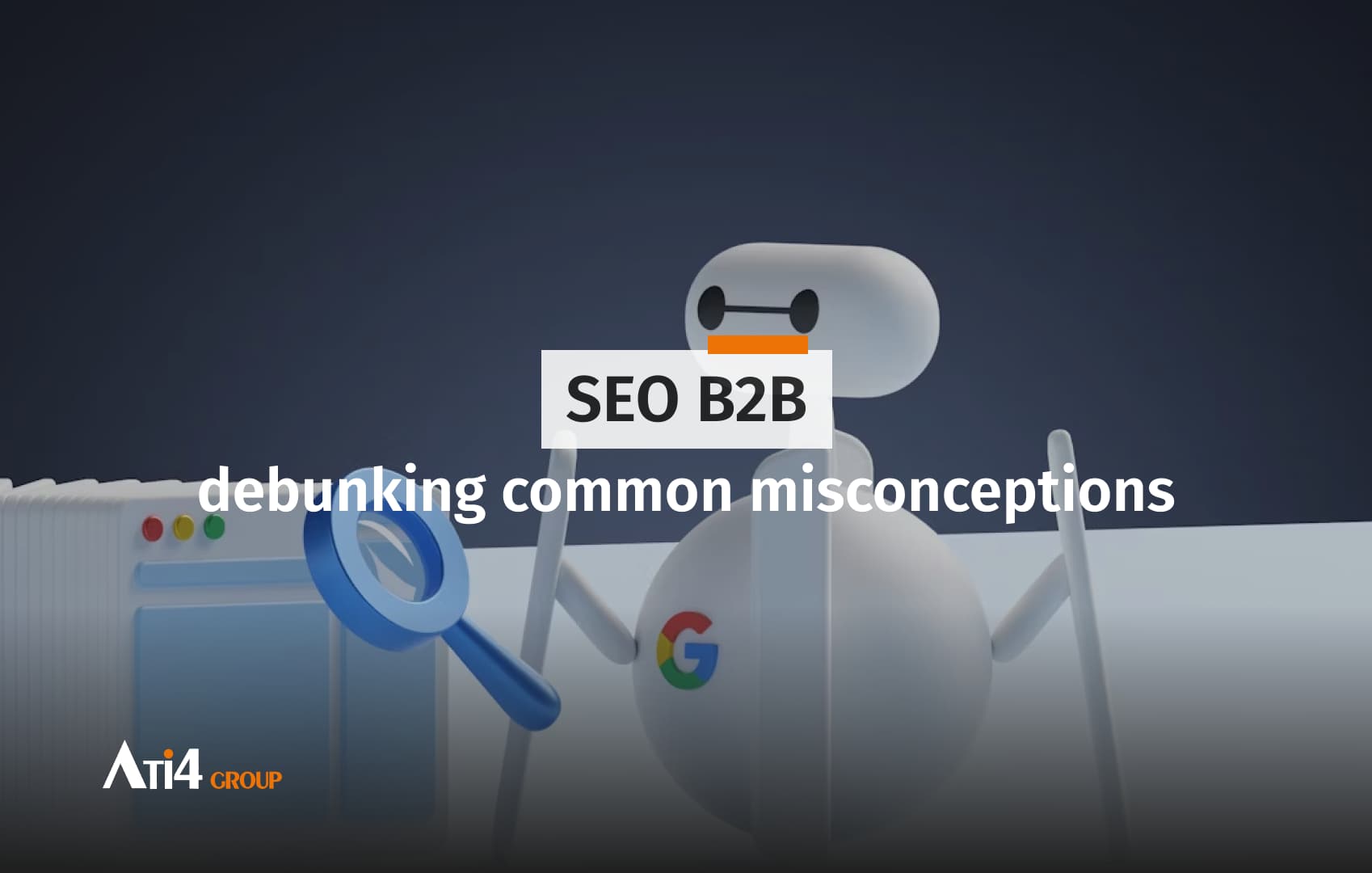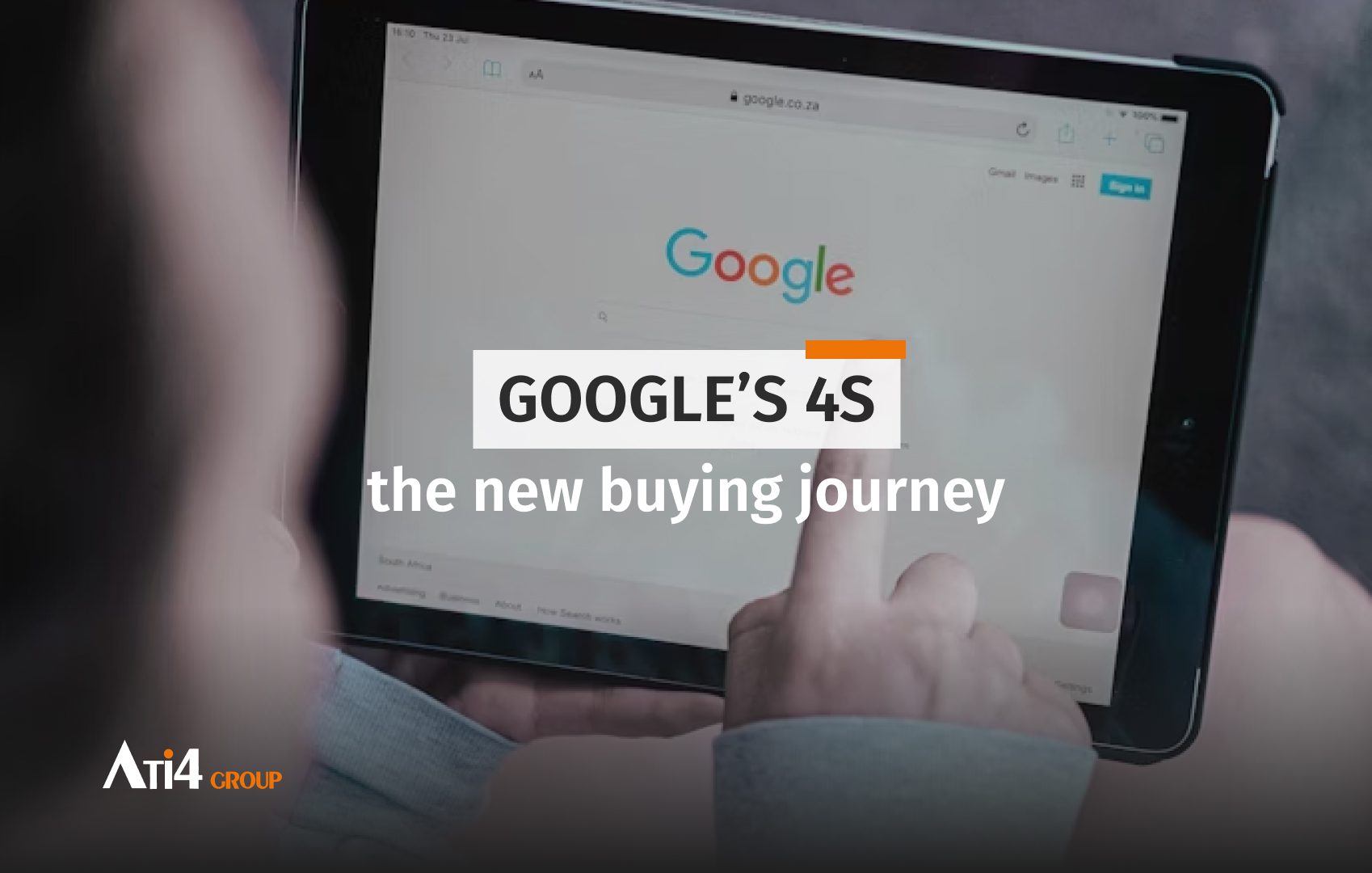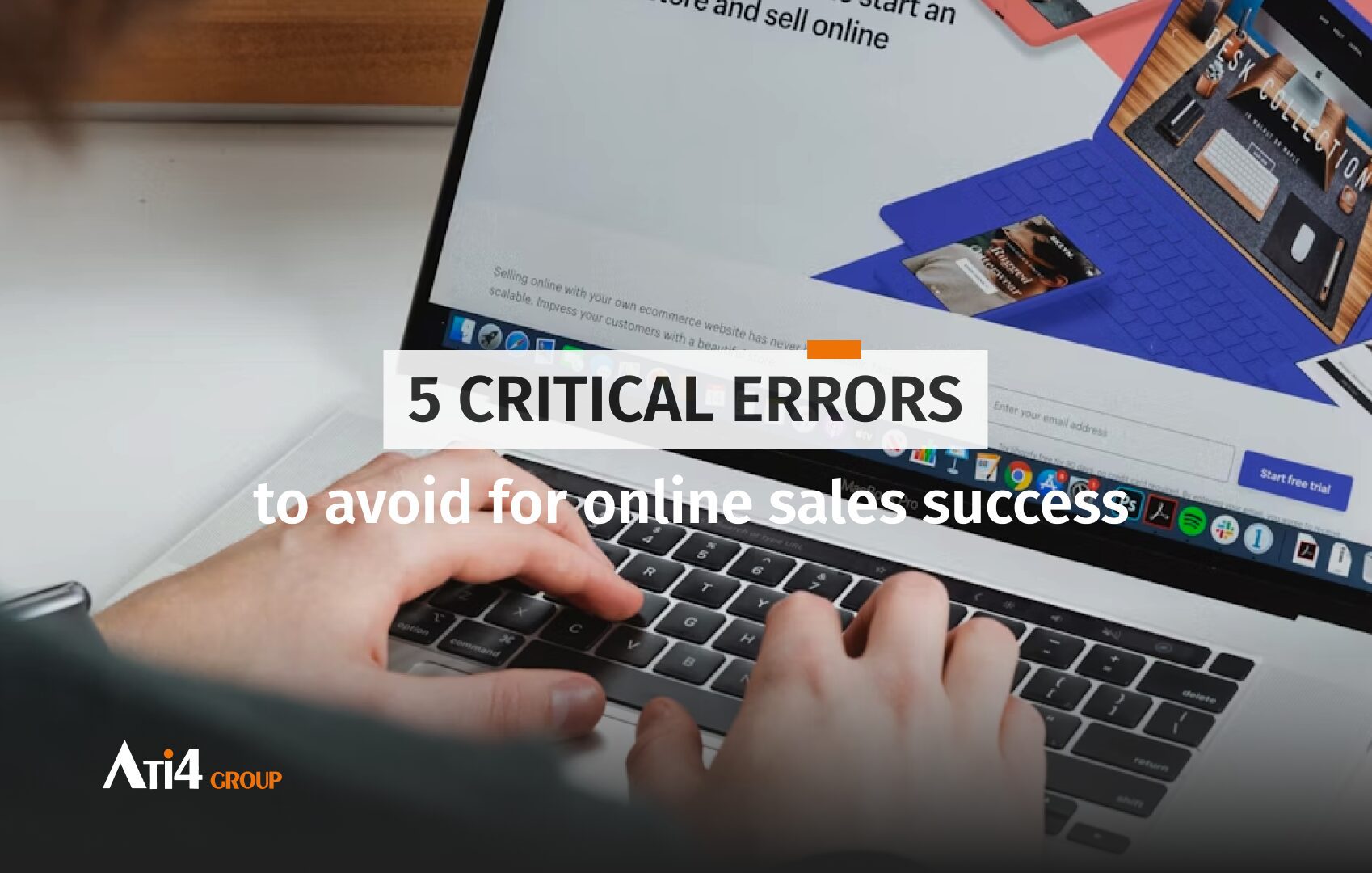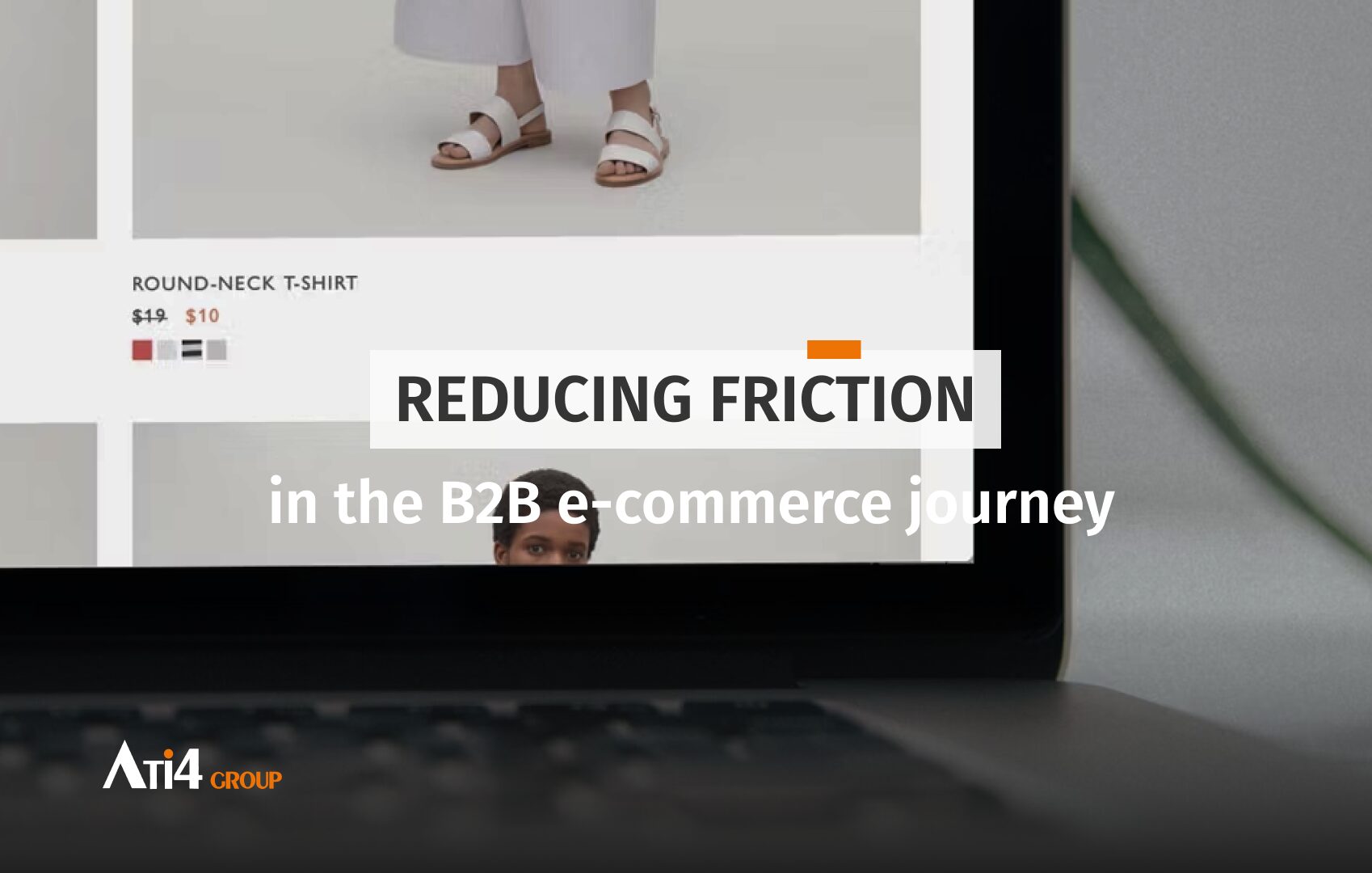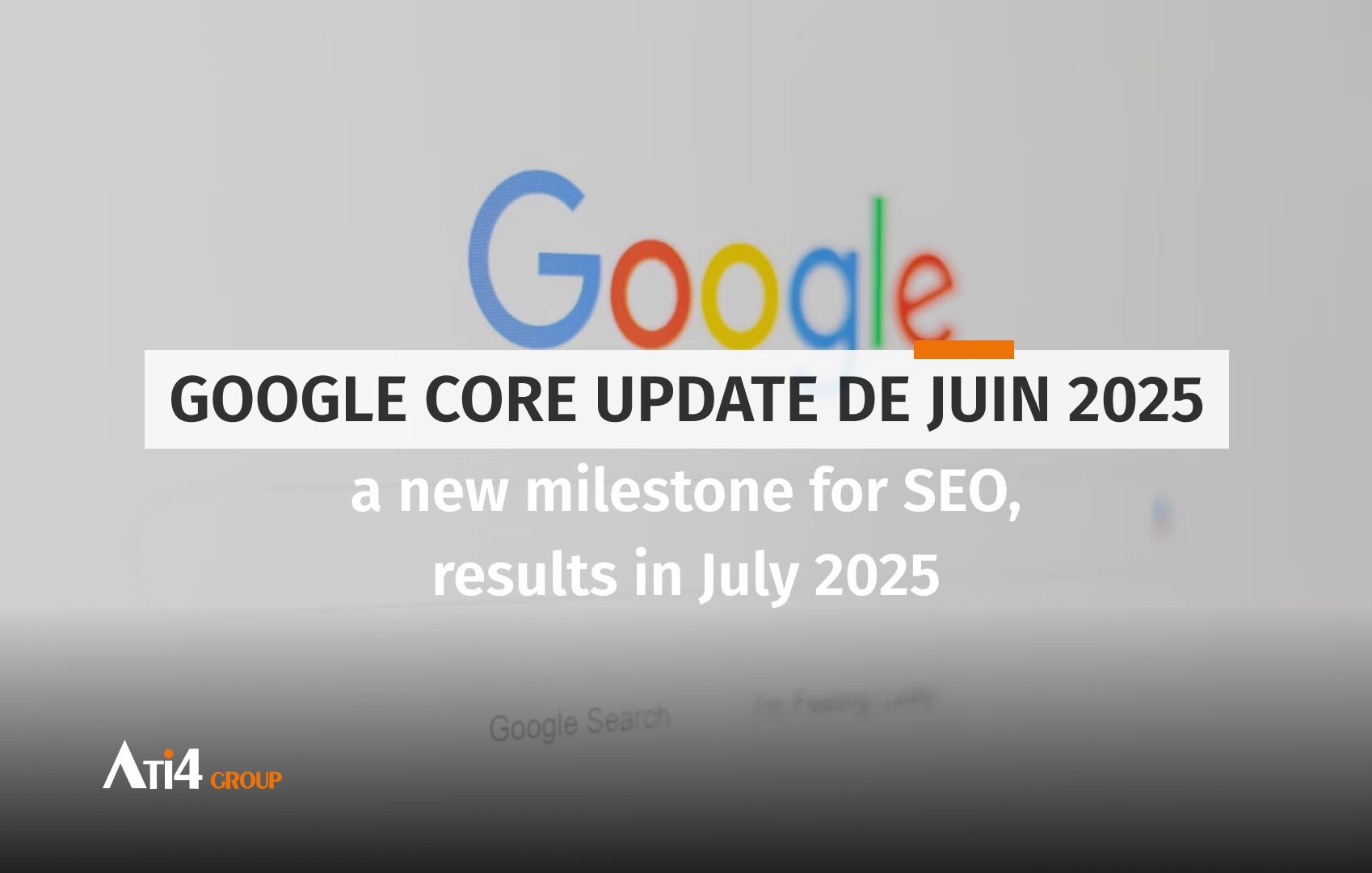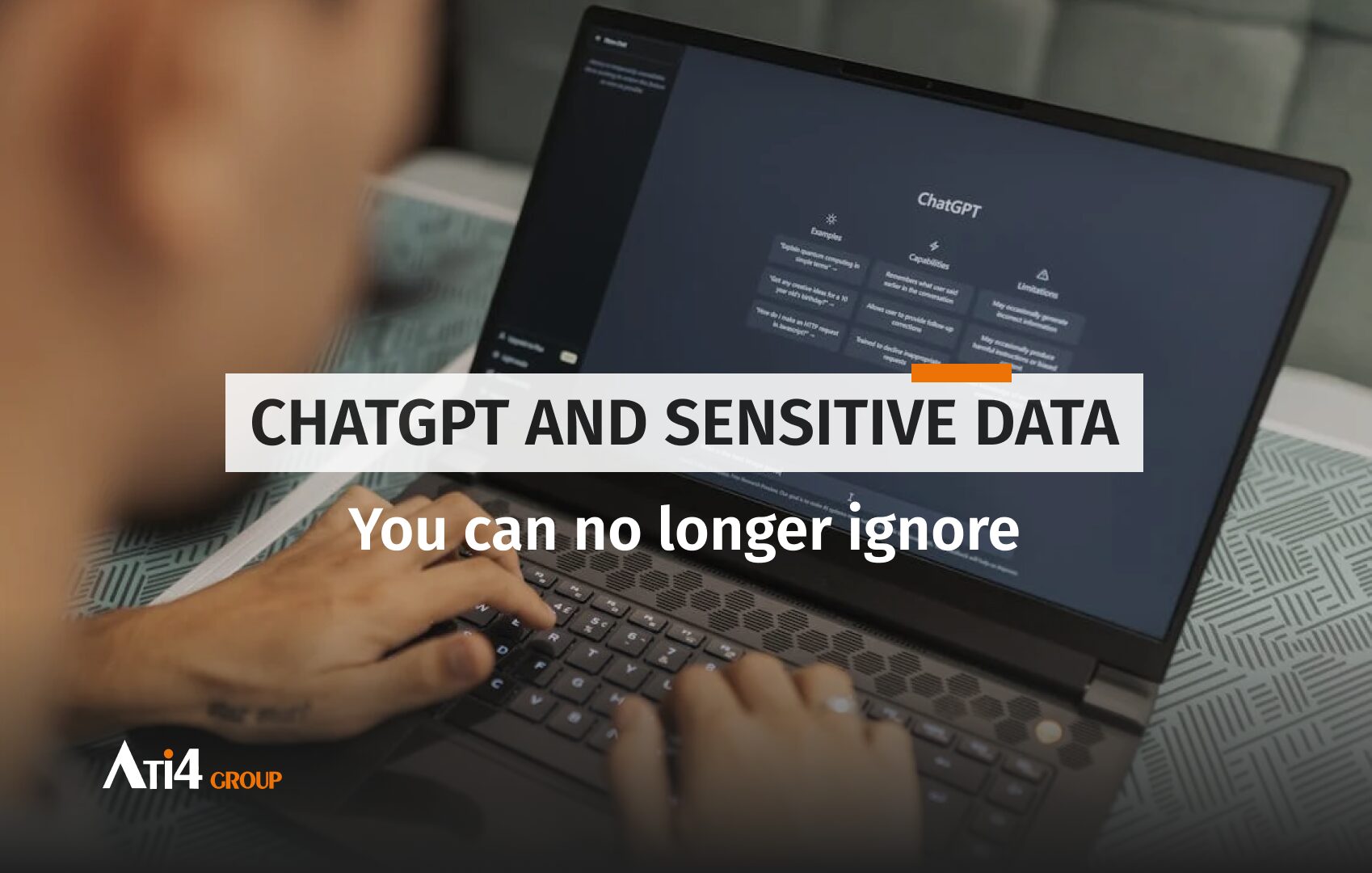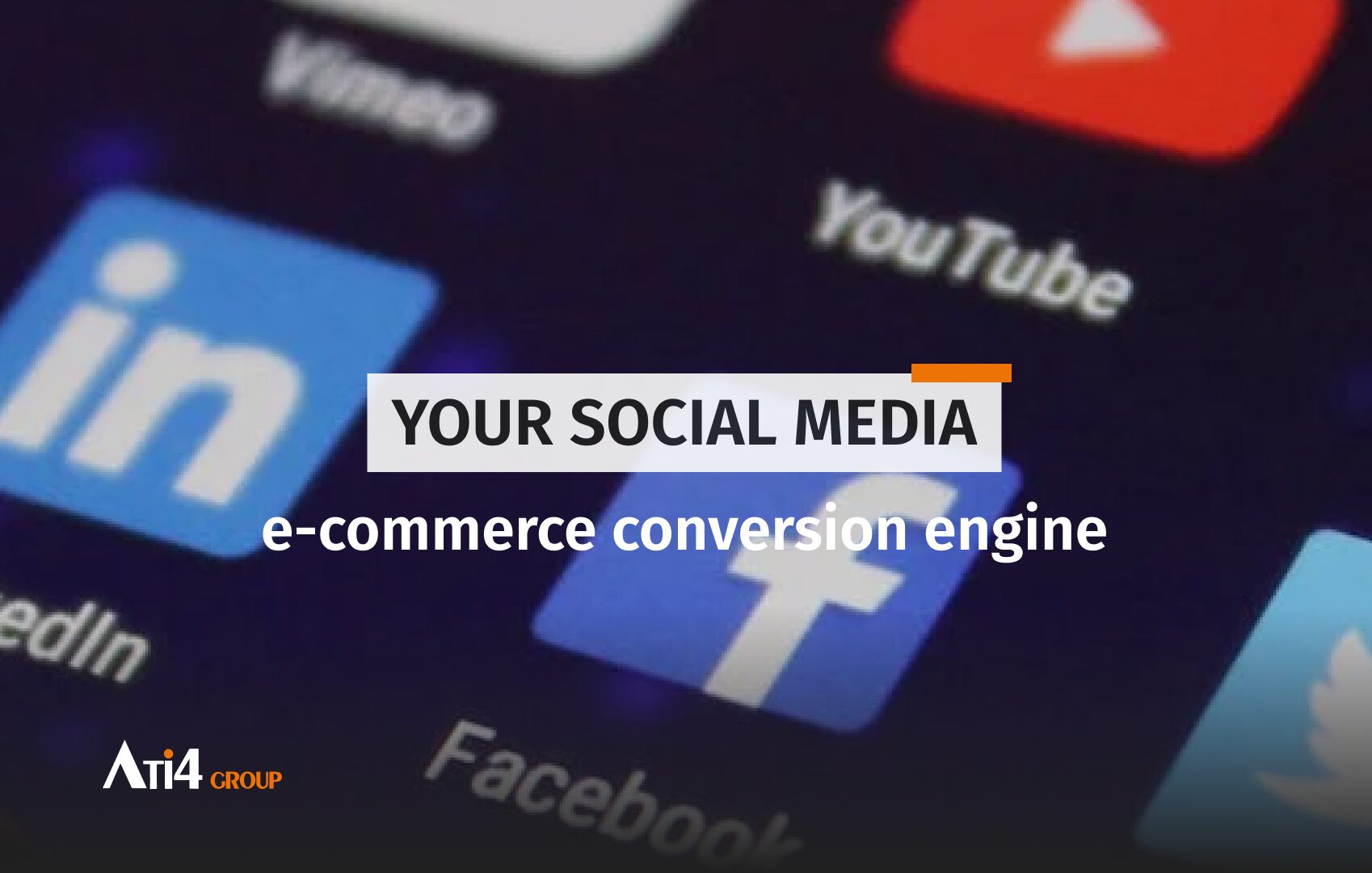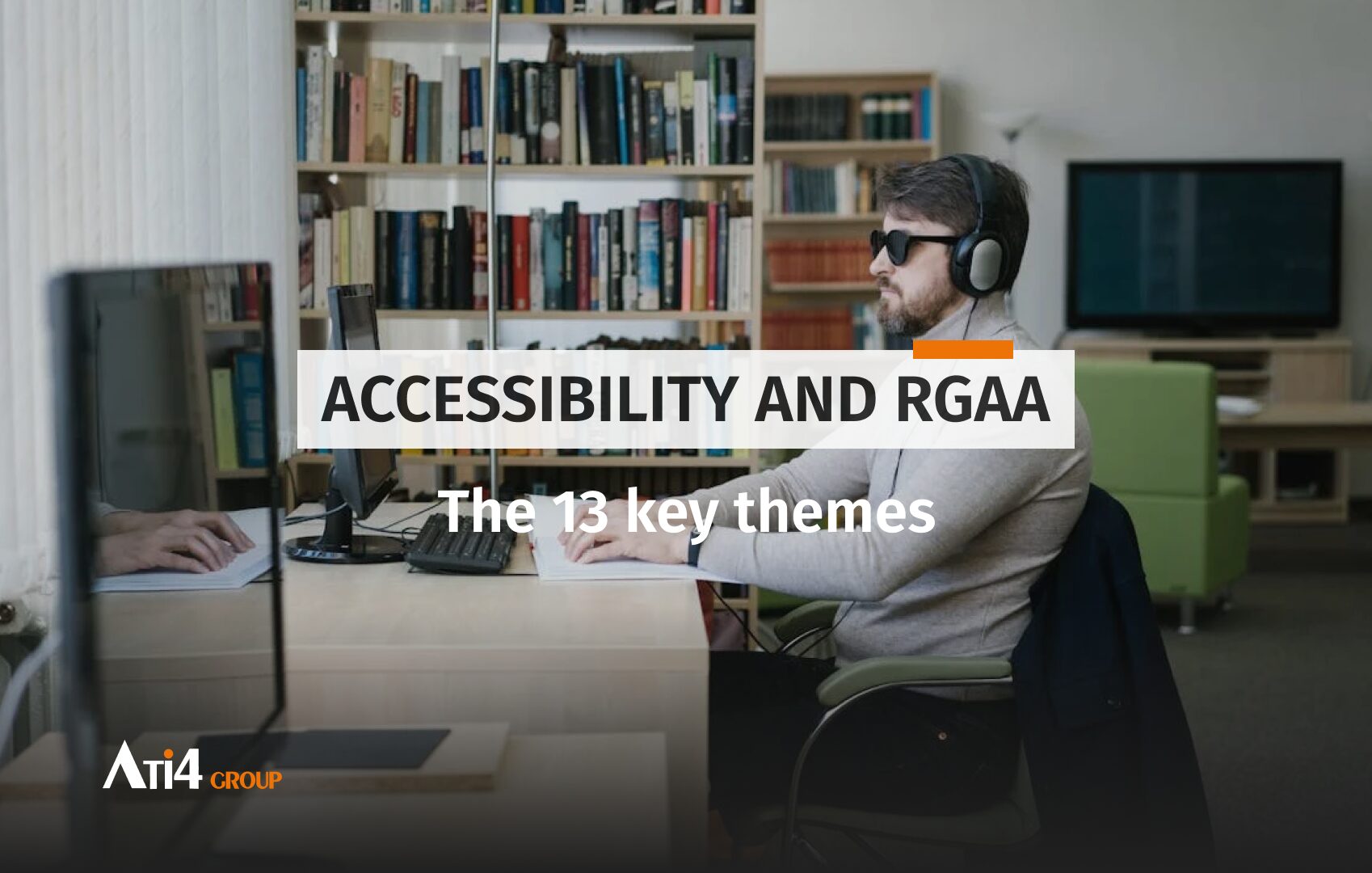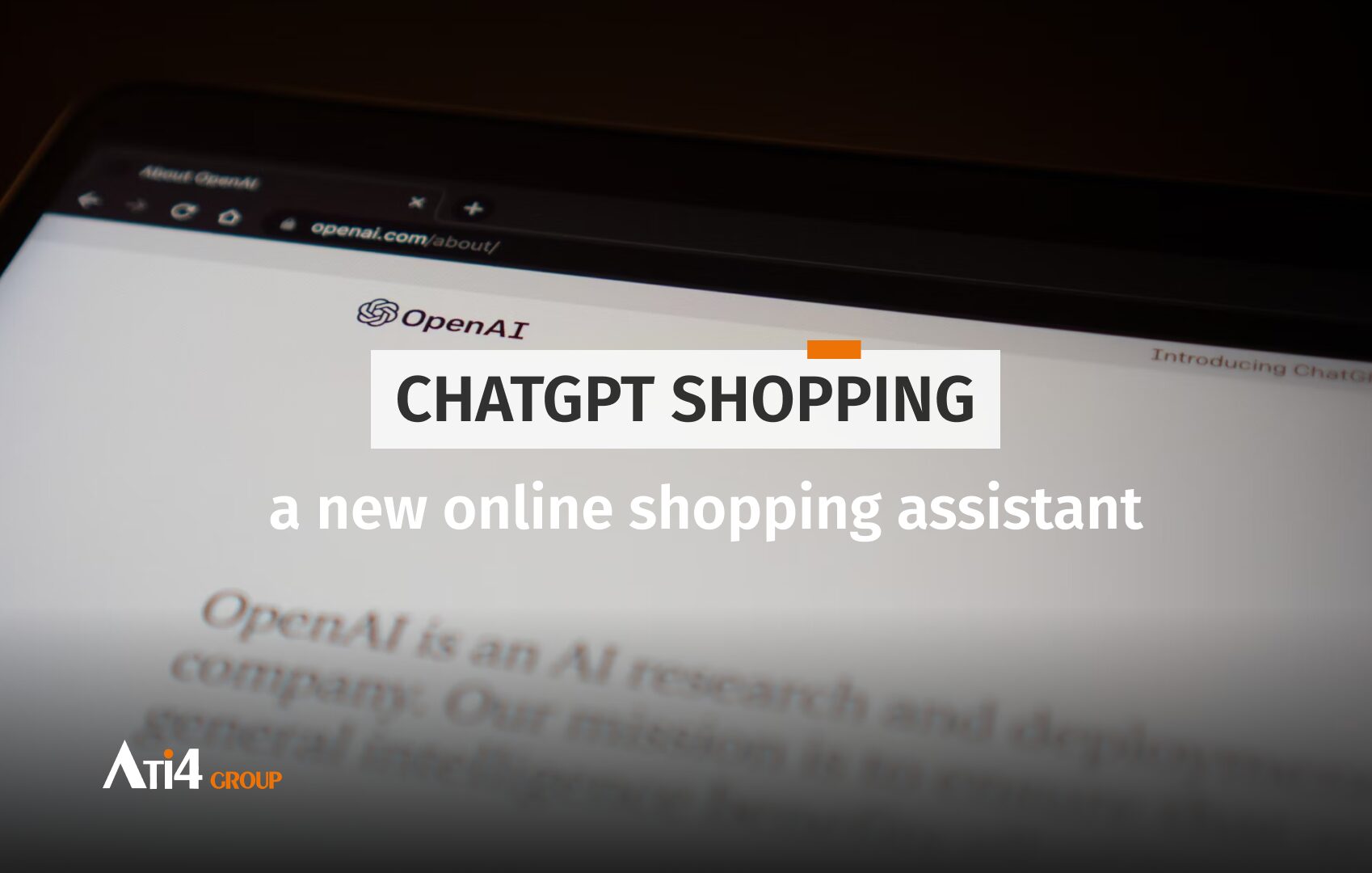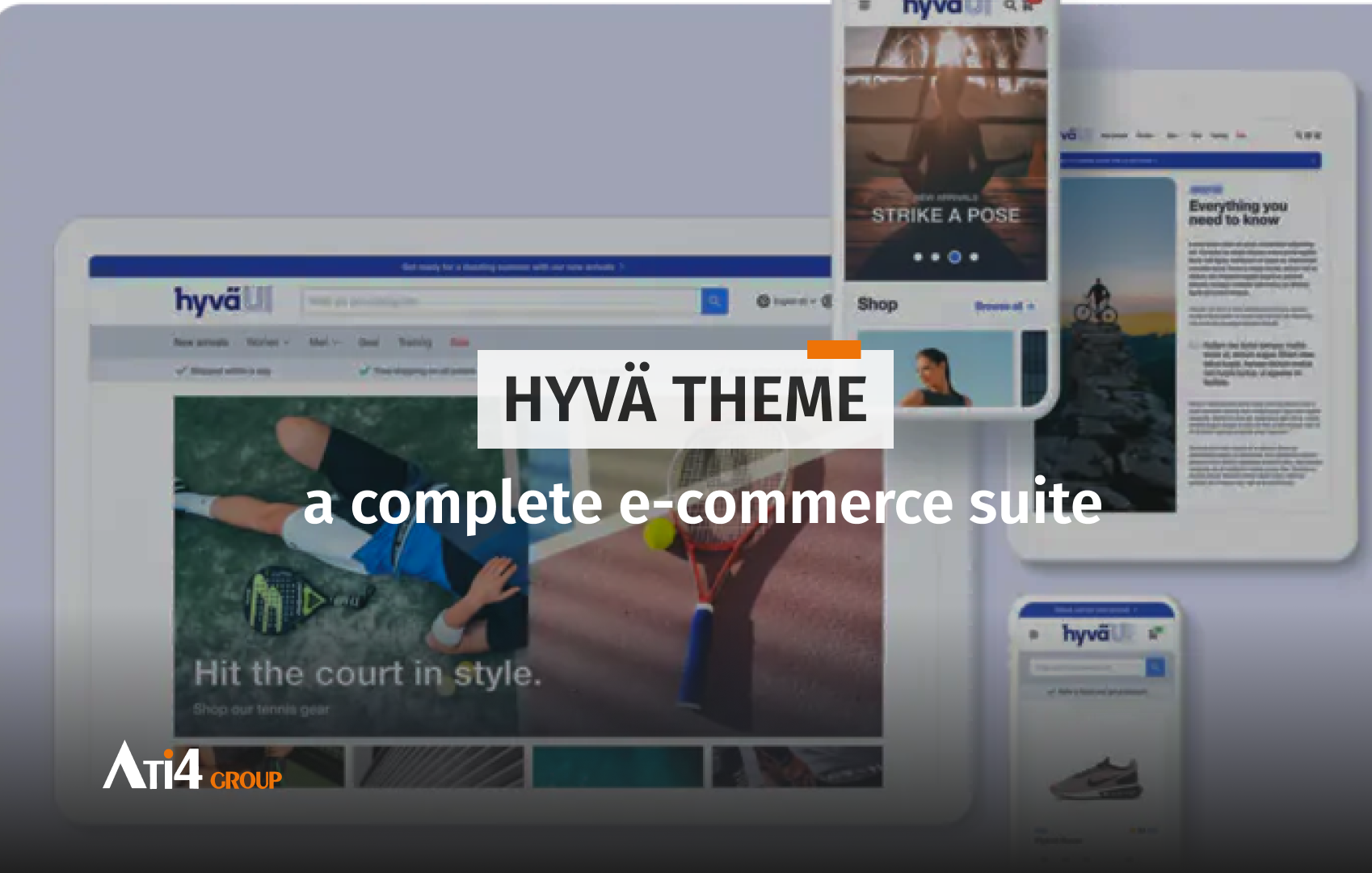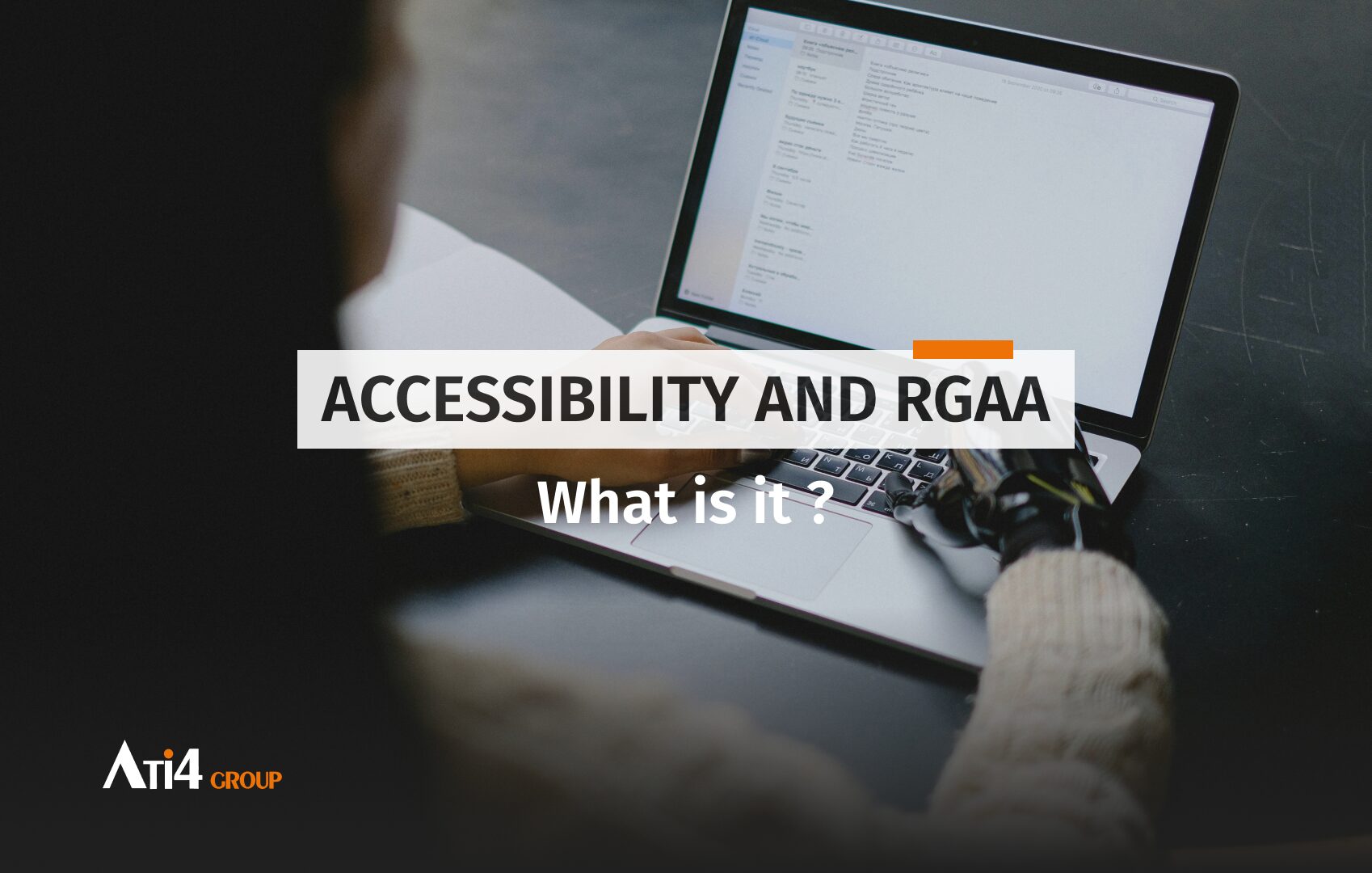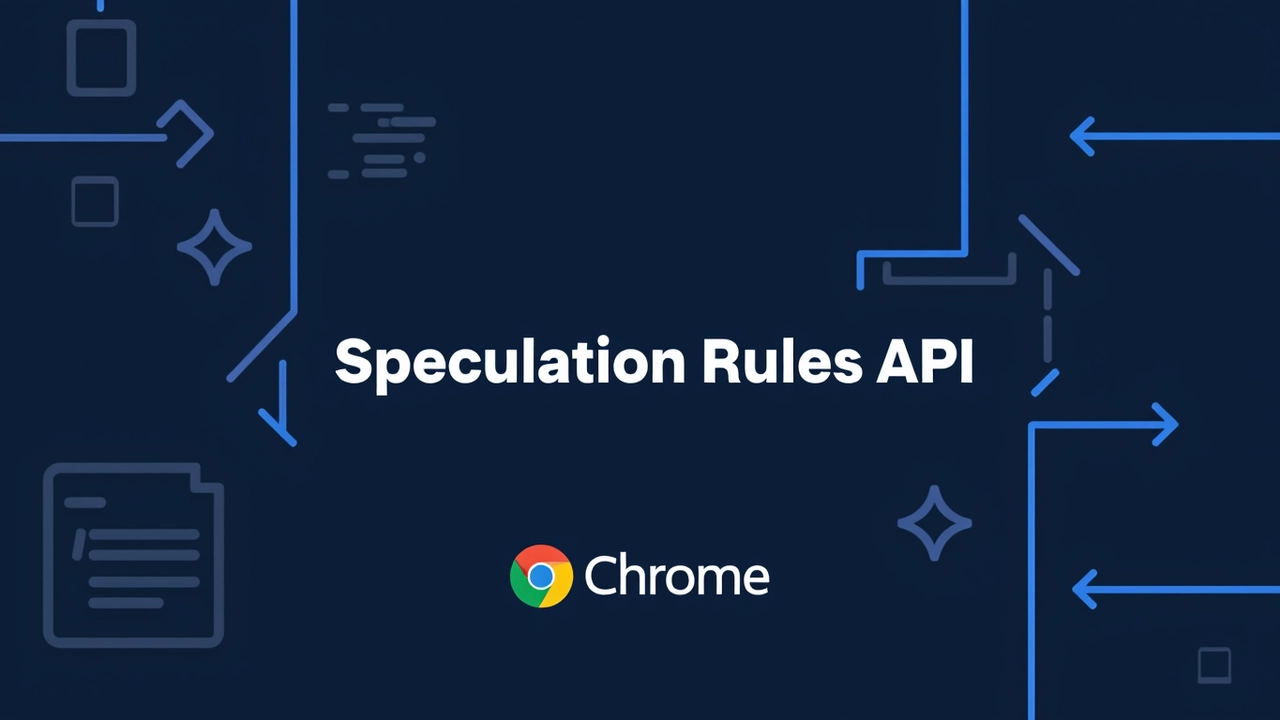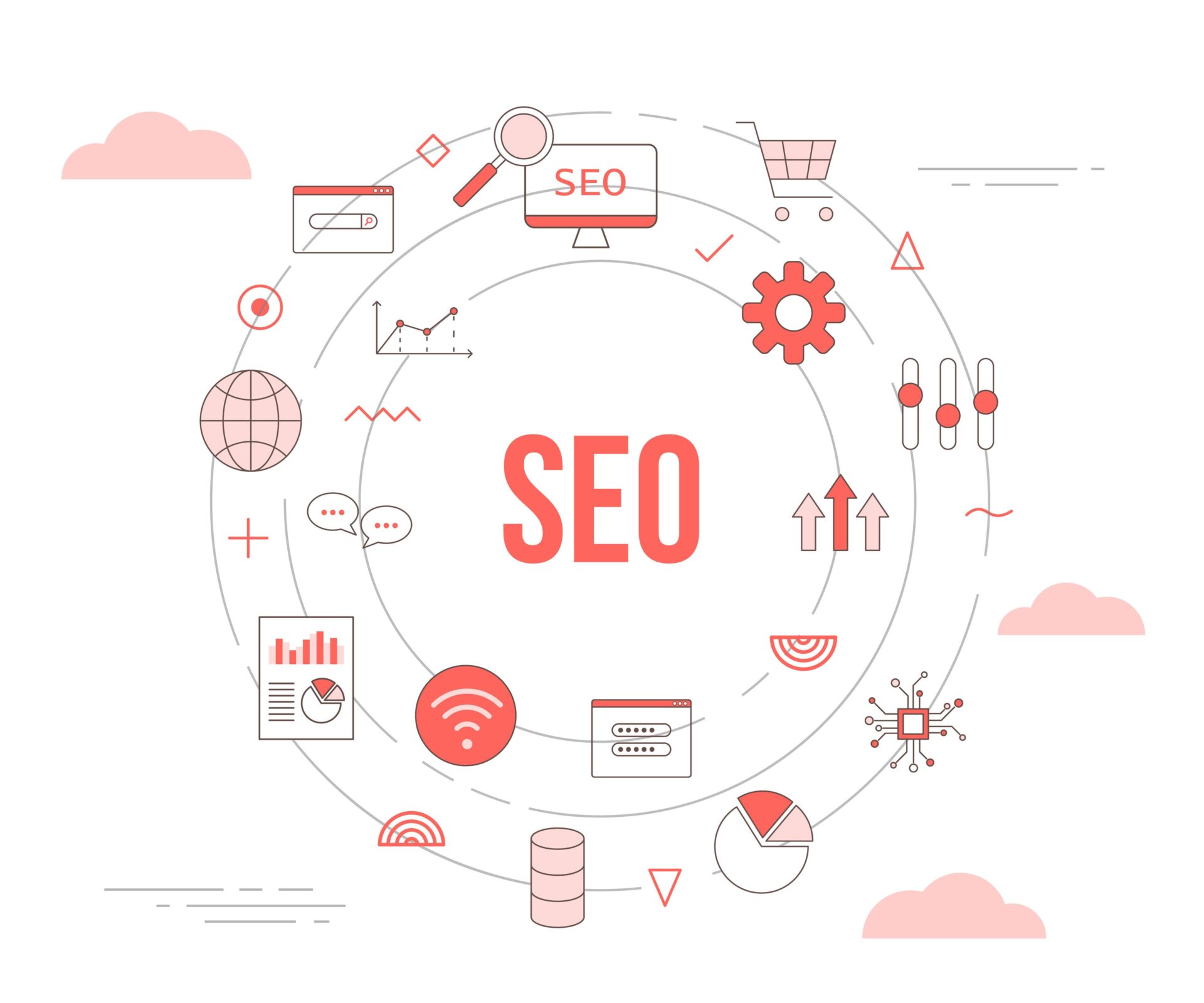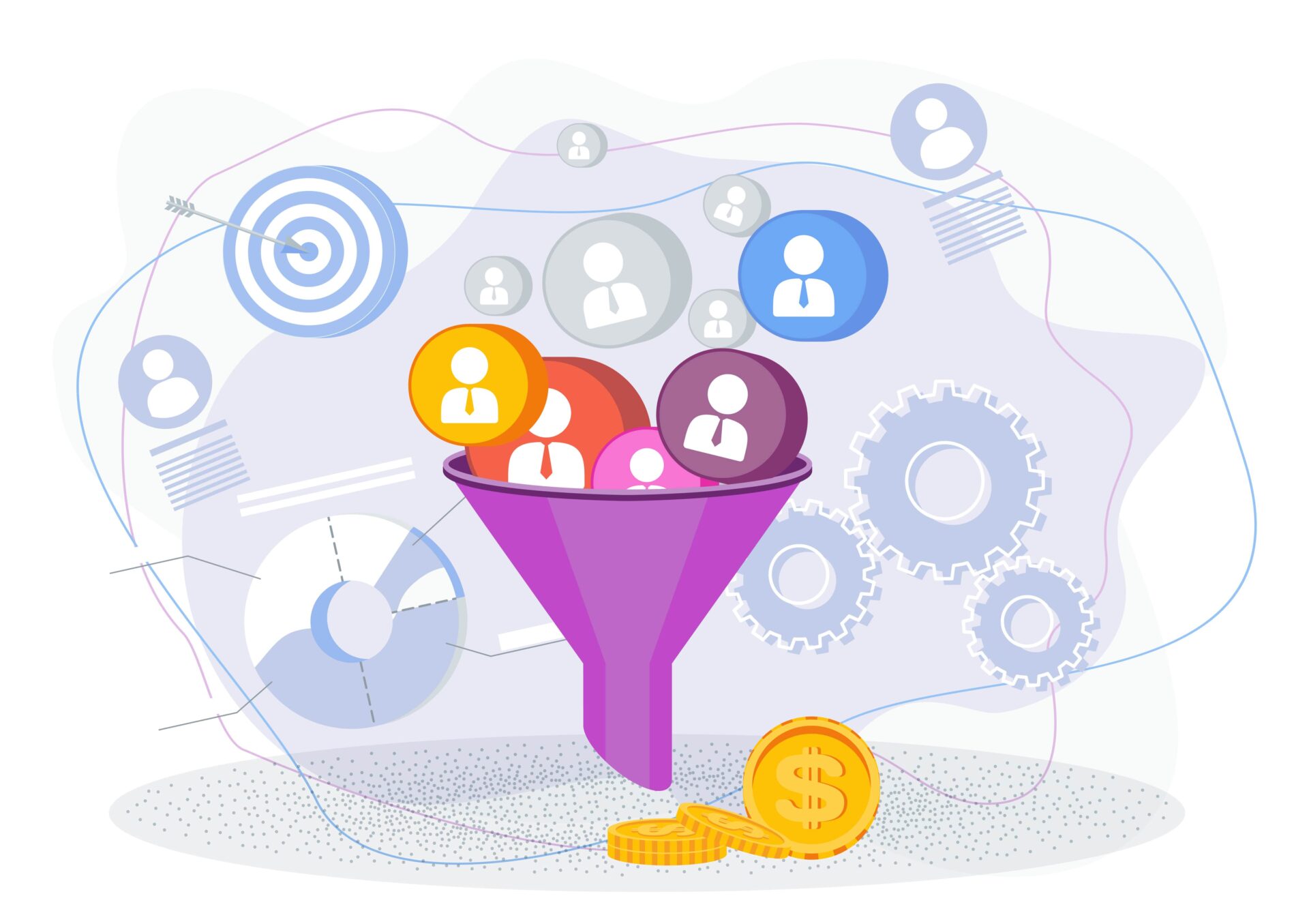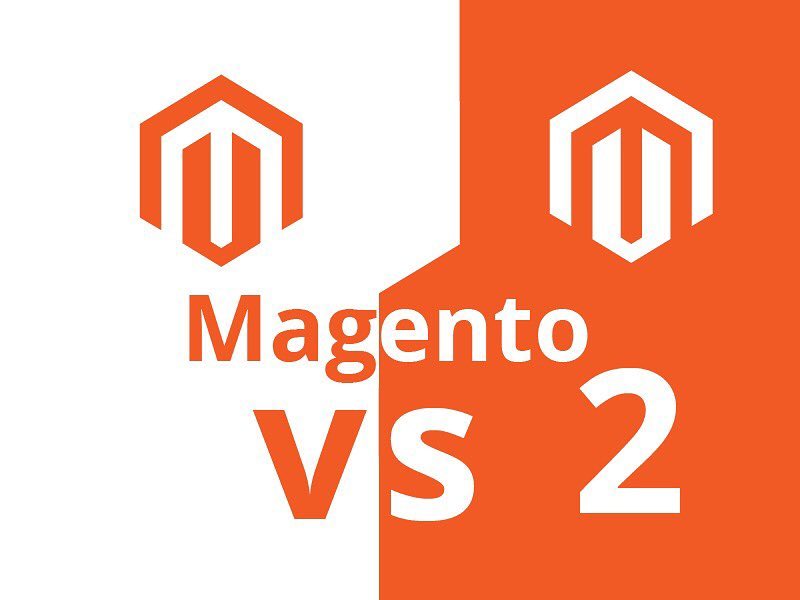Accessibility & e-commerce : Are you ready for June 28, 2025 ?
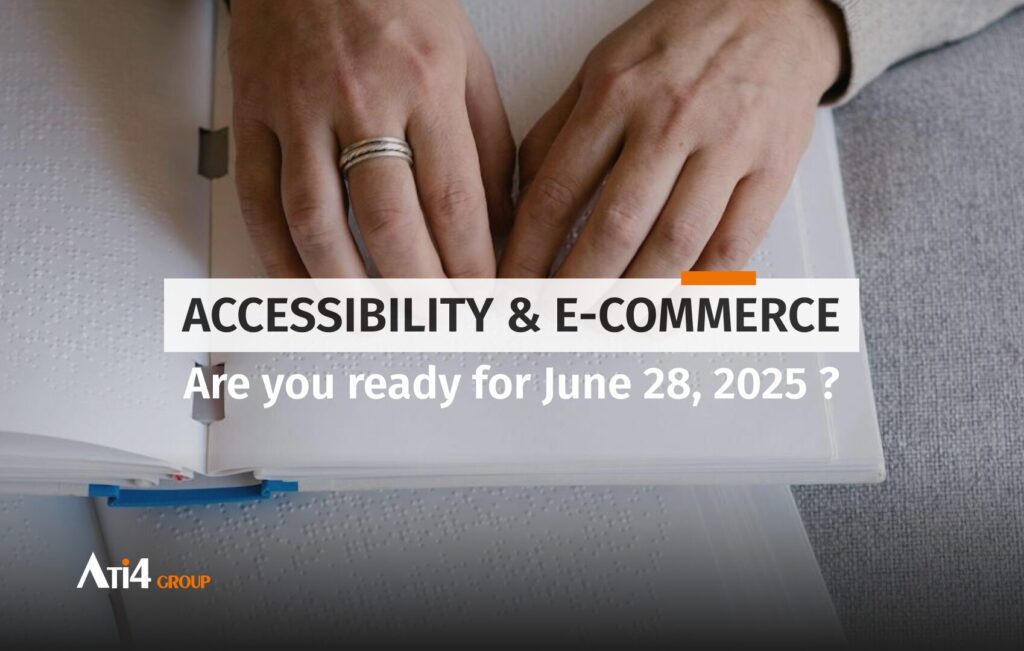
Starting June 28, 2025, new digital accessibility standards will come into effect, directly impacting e-commerce websites in France. This legal obligation no longer applies only to public platforms—private companies are now included. It’s a significant turning point for e-commerce businesses, with real consequences on compliance, user experience, and even business performance.
These regulations are designed to ensure that all users, including people with disabilities, can browse and shop online without barriers.
You may be wondering about the new RGAA standards and how they affect your website. But what does this really mean for you? Is it just a legal requirement—or is it also an opportunity?
Imagine for a moment that your website is inaccessible to some users. Is that acceptable to you? Think of all the people who may be excluded from your content because of this non-compliance. What message does that send about your company’s commitment to inclusion and diversity?
Do you use Magento or Adobe Commerce for your online store? Now is the time to ask yourself:
Is my e-commerce site compliant with RGAA standards?
RGAA, WCAG…What Are We Talking About ?
o fully understand the impact of the new RGAA standards (Référentiel Général d’Amélioration de l’Accessibilité), it’s important to look at their background and evolution. This context will help you integrate these standards more effectively into your digital strategy.
Initially implemented to ensure digital accessibility for public websites in France, the RGAA aimed to make the web usable for all—especially people with disabilities. But as technology and web usage evolved, so too did these standards.
Here are the key goals behind RGAA updates:
- Inclusion: Ensure that everyone, regardless of disability, can access digital content.
- Compliance: Meet national and European accessibility laws.
- Continuous improvement: Create an ongoing process to adapt to user needs and tech evolution.
Key milestones in the RGAA timeline:
- 2005: Initial version of the RGAA released.
- 2010: Standards updated for greater clarity and scope.
- 2017: Version 3.0 launched with more precise compliance criteria.
- 2021: New requirements introduced for digital media.
The most recent major step came with the European Accessibility Act, adopted on April 17, 2019. It requires EU member states to mandate digital accessibility for specific products and services—including e-commerce—by June 28, 2025.
In France, this translates into an extension of accessibility requirements to private companies with more than 10 employees or annual revenue exceeding €2 million. Micro-businesses are currently exempt.
E-commerce sites that fall within this scope must ensure their platforms comply with RGAA accessibility standards, which are aligned with international WCAG guidelines (Web Content Accessibility Guidelines).
The objective: allow all users, regardless of ability, to access content and features on e-commerce websites.
What Are the Risks of Doing Nothing ?
Compliance with RGAA is a legal requirement, not just a best practice. If you manage a public or private website, you must understand the legal framework—and what’s at stake if you ignore it.
RGAA obligations are backed by multiple laws:
- Law No. 2005-102 (Feb 11, 2005): Establishes accessibility as a right for all.
- Law No. 2016-1321 (Oct 7, 2016): Reinforces digital accessibility requirements.
- Decree No. 2017-899 (May 9, 2017): Defines application methods for public websites—but also informs private sector expectations.
Non-compliance may result in enforcement by ARCOM, the French authority overseeing accessibility:
- Warning notice: You’ll have 2 months to outline your corrective actions.
- Official notice: If no action is taken, ARCOM can require formal compliance by a set deadline.
- Financial penalties:
- Up to €50,000 for failing to meet accessibility obligations.
- Up to €25,000 for failing to publish an accessibility statement.
But beyond fines, the real cost is excluding part of your audience, damaging trust, your brand reputation, and even your SEO and conversion rates.
Accessibility isn’t just a constraint—it’s an opportunity.
You reach a broader audience and show that you value inclusion and responsibility.
You don’t need to be 100% compliant by June 28, 2025—but you must demonstrate concrete actions toward compliance.
This can include:
- A clear action plan, accessible from your website’s footer
- A visible message stating your accessibility statement is in progress
- Prioritizing fixes for blocking issues identified in an audit
- Raising awareness among your teams (marketing, dev, product)
The goal: document your efforts, demonstrate your commitment to accessibility, and build a roadmap for continuous improvement.
How RGAA Will Impact Your E-commerce Site.
The updated RGAA standards will have a direct impact on your website.
Why? Because they aim to make the web accessible to everyone, including those using assistive technologies like screen readers and braille displays.
You’ll need to ensure that all digital services are accessible—including:
- Websites
- Mobile apps
- Customer emails and communication
- The full order process (account creation to payment and delivery tracking)
- After-sales and support tools
According to regulations:
- All new digital platforms created after June 28, 2025 must be accessible at launch
- Existing platforms may benefit from an extended timeline—until June 28, 2030 in exceptional cases
Brand reputation & corporate responsibility
Accessibility is now a core CSR issue. Non-compliance can turn away customers who value inclusion—and damage your brand reputation.
Being proactive about accessibility strengthens your brand image and aligns with your CSR goals.
SEO benefits
An accessible site is also a better-optimized site. Search engines like Google reward good structure, clear semantics, and optimized content.
By following RGAA guidelines, you naturally improve: Semantic HTML, Alt text for images , Clear heading structure, Content hierarchy
Result: Better search engine visibility and rankings.
Improved UX for everyone
Accessibility doesn’t just help users with disabilities—it improves UX for everyone.
Faster loading times, intuitive navigation, and readable content increase: Time spent on sit, conversion rates and average order value.
Is Your E-commerce Site Compliant ?
Achieving full RGAA compliance won’t happen overnight—but every improvement counts.
That’s why our expert team offers step-by-step guidance, combining technical rigor with human insight.
We begin with a compliance audit, reviewing a representative sample of your pages against the 106 RGAA criteria.
Audits can be conducted:
- Internally, by someone trained in accessibility
- Or externally, by certified experts—like our team at ATI4, specialized in Magento and Adobe Commerce accessibility
Your website must also include an “Accessibility” link, visible on every page, leading to your detailed accessibility statement, which should outline:
- Your current compliance level (fully, partially, or not compliant)
- Your accessibility score (%)
- Known issues and your corrective action plan
The French government provides a free self-assessment tool for this process: ARA – Accessibility Evaluation Tool . Remember: developers, UX/UI designers, project managers, and marketing teams all play a role in building an accessible web.
Accessibility & Magento / Adobe Commerce: Our Expertise
Using Magento or Adobe Commerce?
You have a strong base—but achieving RGAA compliance requires additional customization.
At ATI4, we integrate accessibility from the design phase, using accessible design systems and front-end frameworks like Hyvä.
Our services include:
- Redesigning or adapting your store to meet RGAA standards
- Implementing ARIA attributes for interactive components
- Ensuring compatibility with screen readers (e.g. NVDA, VoiceOver)
- Writing and publishing your accessibility statement
- Training and raising awareness among your teams
Our goal is to blend technical best practices, regular audits, and team empowerment to make your Magento / Adobe Commerce store fully accessible and high-performing.
An accessible site benefits everyone—from users to search engines to your business KPIs.
Accessibility is not a one-time fix—it’s an ongoing process.
By making your site inclusive, you unlock access to thousands of potential customers and reinforce your values.
Let ATI4’s Magento / Adobe Commerce experts help you ensure compliance and performance.
Find out what’s new at the company.
Because mixing fun and work is at the heart of our philosophy, we always try to make a special place for it in our business life.











